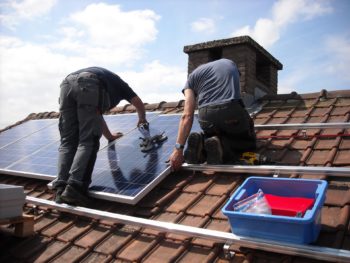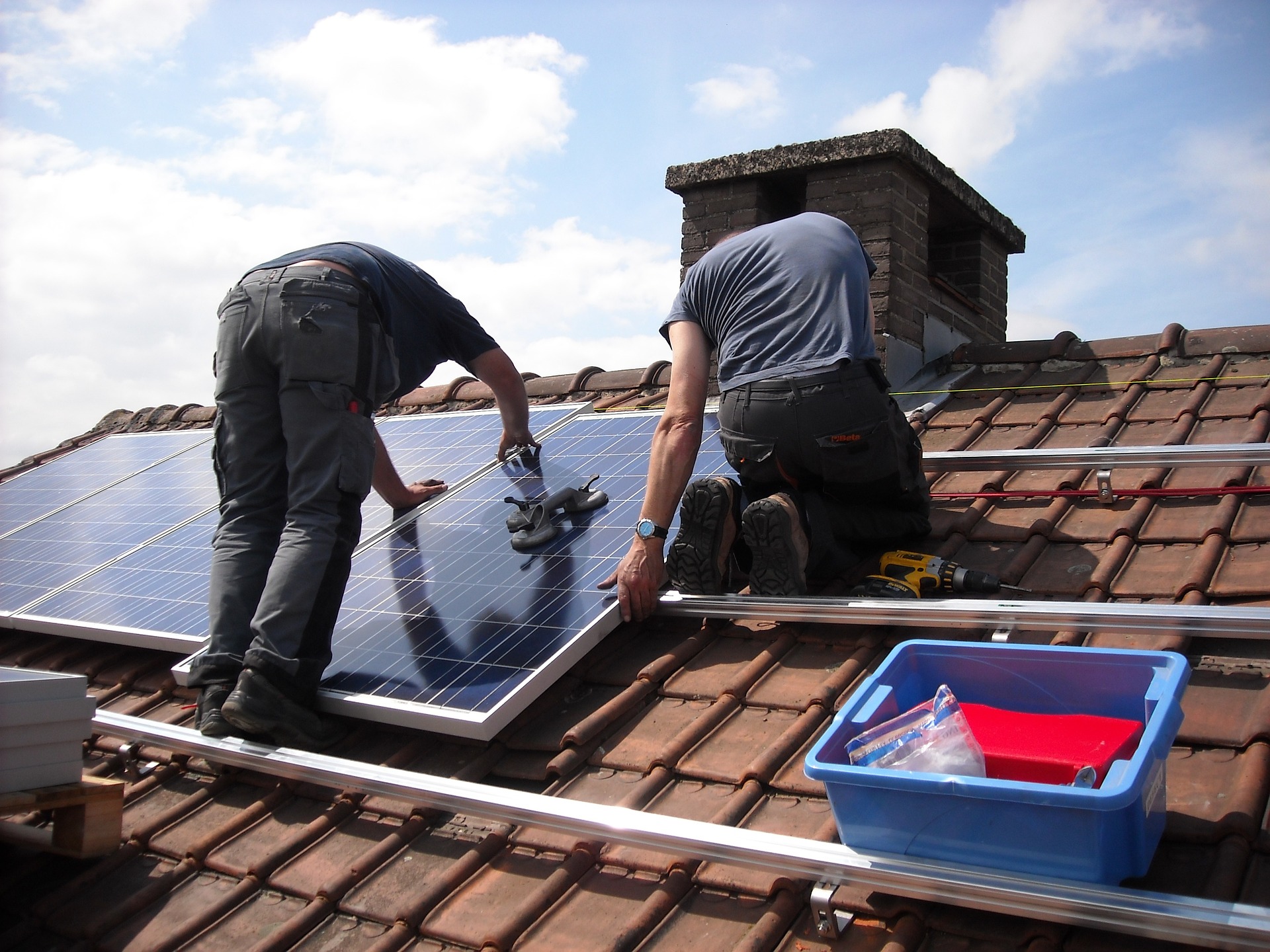
In a win for the solar lobby, the Idaho Public Utilities Commission has agreed to reassess a decision it previously made concerning net metering.
The Commission had ruled in favor of Idaho Power in May and called for the creation of a new class for net-metering customers who are enrolled in the utility’s net-metering program.
Idaho Power, a major electricity provider, had argued that the program allowed solar panel owners to avoid paying their “fair share” of energy rates.
Similar to many other states, Idaho’s net-metering program allows solar panel owners to “sell” excess energy their panels produce and send back to the grid. However, this process has been controversial as it allows panel owners to sell their power at a retail rate, an amount over its worth.
Net-metering opponents have long argued that the system operates as a subsidy program for solar panel owners. The Idaho Public Utilities Commission agreed in May with Idaho Power that the system unfairly shifted costs to non-net-metering customers.
However, Vote Solar — an organization that lobbies in state capitals around the country for solar interests — successfully filed a petition requesting the three-member commission reconsider its decision.
“We are particularly interested in information about export limiting devices, effects of battery storage, additional information on the meaning and repercussions of ‘in parallel’ connection, and the masking of usage created by hourly analysis of customer and company energy exchanges,” the Commission stated.
The battle in Idaho comes as numerous states have considered changes to their net-metering programs. Republican Gov. Chris Sununu vetoed a bill in June that would have raised the state’s net-metering caps, arguing the move saved his constituents millions in subsidies.
The Vermont Public Utility Commission, worried that the system was unfair to non-net-metering customers, opted in May to reduce compensation given to solar panel owners.
Due to Idaho Code, the commission has a limited time to reconsider its original decision. After an order on reconsideration is given, the decision may be appealed to the Idaho Supreme Court.
Read more at Daily Caller

















Are those selling power they have generated charging appropriate taxes to the Utility? Selling power they generate is a commercial operation and should require appropriate permits and licenses as well as relevant inspections like any other Utility.
Selling power to the Utility means they are a subcontractor to the parent Utility. They will have written agreements.